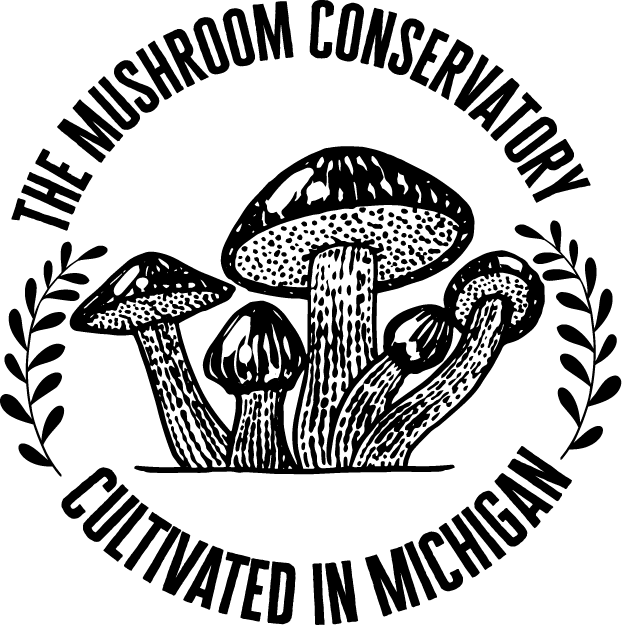Your cart is currently empty!
This is a timeless classic that packs a stunning punch of flavor and wellbeing. It doesn’t take long to prepare and is quite forgiving in variations to quantity of ingredients. It’s high in protein, but you can always add in additional proteins like chicken, lamb or beef (best sauteed in with the mushrooms at the beginning) depending on your personal preferences.
You’ll need a big cluster of Black Pearl Oyster Mushrooms (any variety of oyster mushroom would be really lovely with this) we also grabbed a handful of rosemary from the garden and sauteed that with the mushrooms over low heat before adding chicken stock.
1-2 Cups Oyster Mushrooms, sliced or chopped to whatever size you find palatable. Remember that they shrink when you cook them, so don’t make them too small!
1/2 Teaspoon Salt
1 Qt Chicken Stock
A bit of rosemary (we picked it out of the garden, so no measuring was involved, but I’d guess about a teaspoon
Butter (a tablespoon or two)
Sautee the mushrooms and rosemary and salt over low heat for 10 minutes or so to let the flavor wake up and mingle.
Pour in chicken stock. Use it to rinse any bits of mushroom and rosemary down from the sides of the pan. Let it all simmer over medium-low heat for half an hour or so until it has cooked down and the broth becomes a dark golden color.
I love the simplicity and immense flavor of this soup, it really doesn’t require anything else, although the possible adaptations are endless.
